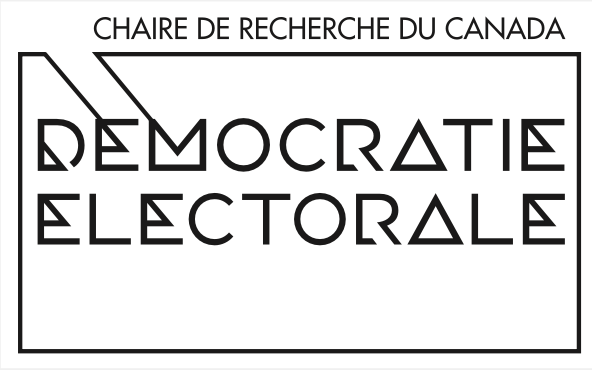Electoral Chair’s Seminar – 16 January
Les priorités des citoyens quant aux politiques de santé : un agenda de recherche
Olivier Jacques– Université de Montréal, Sharon Baute (Konstanz) Marius Busemeyer (Konstanz), and David Weisstanner (Lucerne)
This project focuses on public demand for healthcare spending in a context where increasing healthcare costs could lead to reduced government funding for other programs or an increase to the tax burden. What are the determinants of the demand for healthcare spending? Which groups of citizens prioritize healthcare spending above all else, and which groups prefer other public programs, even if it means constraining healthcare spending? Who is willing to pay more taxes to fund additional healthcare expenses? This project also looks at individual preferences regarding health network reforms: is it possible to form a citizen coalition in favor of reallocating spending from curative to preventive care and who accepts limiting health insurance coverage?
This project will conduct surveys in six different countries. Using experimental techniques, these surveys emphasize the relative importance of a public policy area to respondents by forcing them to prioritize one public policy over another. This will help identify potential coalitions supporting each of the difficult choices the government might have to make to address rising healthcare costs, partly driven by an aging population. Previous studies on preferences for healthcare spending merely surveyed citizens’ opinions without asking them to prioritize between different policies or imposing fiscal constraints. This project will be the first to investigate individual preferences for public healthcare spending using experimental surveys.
These surveys will allow us to verify if the particularly high public support for healthcare spending persists even when people are forced to prioritize between different social policies. Moreover, we will make three theoretical contributions to important debates concerning individual preferences for health policies, by ruling on the impact of social values, system performance evaluation, and age. Finally, we will understand in which countries healthcare spending is best supported by the population.
This project represents a significant contribution for researchers and governments in Canada. By conducting the first survey focused on priorities between health policies and other social policies, we will measure public demand for healthcare spending under budgetary constraints and identify the composition and relative size of groups that would be ready to limit healthcare spending or those who prioritize other social policies. Additionally, our survey will allow us to measure which groups support or resist potential reforms to address rising costs, such as changes in the financing of the basket of goods and services offered or a reallocation of curative spending towards prevention. We believe it is necessary to identify citizen coalitions in favor of each of the difficult choices the government may have to make to address rising healthcare costs. More generally, the project will help to better understand citizens’ preferences for reforming the welfare state. Thus, the contributions of this research project will be useful for researchers in various disciplines (sociology, political science, health system analysis, economics) and for civil society groups interested in the healthcare system and the welfare state.

This content has been updated on 10 January 2024 at 14 h 53 min.
Comments